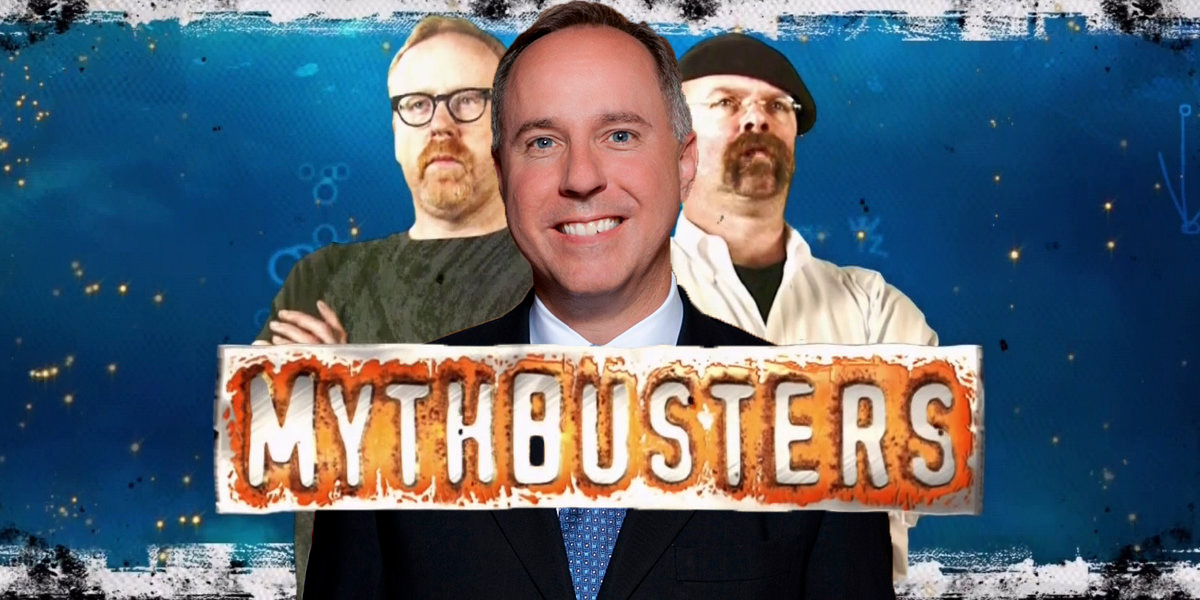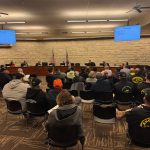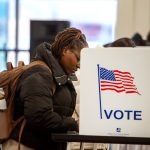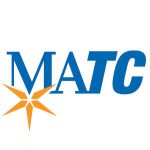Robin Vos The Mythbuster
Report he commissioned punctures “myths” offered by Walker, GOP, against more highway spending.
The cable TV show MythBusters may have ended eight months ago, but Assembly Speaker Robin Vos has created his own version of the popular show.
Vos gave Capitol reporters a 27-page copy of a report, “No Easy Answers,” that he says debunks the “myth” – held by Republican Gov. Scott Walker and others – that Wisconsin has no need to raise transportation fees or taxes to fix a critical funding problem.
Vos did not use the non-partisan Legislative Fiscal Bureau to create this report, as it also was used politically: he gave it to Assembly Republicans who sought re-election in November. Nor has the author been divulged. But it’s packed with information.
Vos insists that “No Easy Answers” factually counters these common highway-funding myths.
Myth No. 1: State highways are “not in bad shape.”
Fact: The U.S. Department of Transportation ranked state highways 47th nationally, with 71% of them “poor of mediocre.” The Wisconsin Taxpayer Alliance gave state highways an overall D grade. And, a special state panel created to look at the funding problem warned that, without new revenues, the percentage of state roads rated “poor or worse” will double from 20 percent in 2014 to 42 percent by 2023.
Myth No. 2: Let’s just “fix what we have,” and not build new state roads.
Fact: About 85 percent of state spending now goes to maintain state roads, and only about 15 percent to expand them.
Myth No. 3: State transportation tax collections have “never been higher.”
Fact: Transportation taxes have been relatively flat for five years, ranging from $1.71 billion in 2009-10 to $1.84 billion in 2013-14. That 7% increase in revenues is much less than inflation in the road-building industry, according to “No Easy Answers.”
Myth No. 4: With low interest rates, we should borrow more to maintain and build highways.
Fact: The current two-year state budget borrows a record $910 million, or 13 percent of all Transportation Fund spending of $6.82 billion. If the Legislature approved the state Transportation Department’s proposal to borrow $500 million more by mid-2019, debt-service payments would be about 25 percent of all transportation spending. “Every time we borrow to finance roads, we’re committing children not yet born to pay the bill,” the report says, noting that 12 states do not borrow to pay for their highways.
Myth No. 5: Let counties, cities, villages and towns enact “local option” taxes to pay for their streets and highways.
Fact: Local-option sales taxes, or the growing practice of local governments approving “wheel taxes” – including $30 just approved by Milwaukee County – do nothing to maintain “state highway and Interstate projects.”
Myth No. 6: Minnesota “does it better,” so let’s do what our neighbor does.
Fact: Minnesota did spend 35 percent less per mile on its state highways in one year (2011-12), when Wisconsin was rebuilding the Marquette Interchange. But, over a four-year period, average per-mile spending in both states was very close: Wisconsin, $153,880; Minnesota, $142,765.
Myth No. 7: Not building any more roundabouts will save millions of dollars that could be spent maintaining highways.
Fact: Roundabouts cost about the same – and often less – than traditional new intersections with traffic signals. Depending on the size of the new intersection, both types cost between $750,000 and $1.5 million.
Fact: The federal government would have to change existing rules to allow Wisconsin to join other states that toll. If that happened, it would still take three years for Wisconsin to set up its own system of tolls.
Myth No. 9: Legislators who vote to raise transportation taxes or fees – Wisconsin’s 30.9-cent gas tax or the $75 vehicle registration fee – get voted out of office.
Fact: According to the report Vos commissioned, 10 states have raised taxes to pay for highways and other transportation programs since 2012. In those states, of state representatives who voted for those revenue increases, “98% won primaries [and] 90% kept their seats.”
Vos says he wants all solutions to be considered to solve the transportation funding crisis. But he must also convince majorities in both the 99-member Assembly and 33-member Senate, and the governor who leads his party who laid down a “no new taxes or fees” marker. That could be an uphill battle over lots of pot holes.
Steven Walters is a senior producer for the nonprofit public affairs channel WisconsinEye. Contact him at stevenscwalters@gmail.com
The State of Politics
-
A Wisconsin Political Trivia Quiz
 Dec 15th, 2025 by Steven Walters
Dec 15th, 2025 by Steven Walters
-
The Fight Over Wisconsin’s House Districts
 Dec 8th, 2025 by Steven Walters
Dec 8th, 2025 by Steven Walters
-
The Battle Over On-Line Betting
 Nov 24th, 2025 by Steven Walters
Nov 24th, 2025 by Steven Walters
Transportation
-
Congestion Pricing Cuts Air Pollution in New York City
 Dec 14th, 2025 by Jeff Wood
Dec 14th, 2025 by Jeff Wood
-
FTA Tells Milwaukee to Crack Down on Fare Evasion — Even Where Fares Don’t Exist
 Dec 12th, 2025 by Graham Kilmer
Dec 12th, 2025 by Graham Kilmer
-
Will GOGO’s Bus Service Ever Get Going?
 Dec 9th, 2025 by Jeramey Jannene
Dec 9th, 2025 by Jeramey Jannene






















The construction of the zoo and plainfield curve interchange projects are clear demonstrations that WI is over building our interstates. All these monstrous bridges and ramps to replace fully functional system we had which just needed maintenance is ridiculous and shows how much graft s going on in WI. You couldn’t spend more if you had unlimited funds. We are being financially raped daily by this crooked Republican govt!
Road building is out of control in this state. No need to have interchanges as high as skyscrapers. The Marquette and Zoo interchanges are ridiculously overbuilt monstrosities. An example of Walker paying back his contributors — road builders.
In a better-functioning political system, the way forward would be for Vos to build a coalition of Republicans and Democrats who want to solve this. Rs would get the better roads that they say they (and businesses) want, with necessary revenue in the form of gas taxes and other sources other than income tax hikes. (If you’re like me, you’re old enough to remember when Rs were gaga over “user fees”.) Ds would get to influence the package to emphasize existing road maintenance, deemphasize new road construction, and include significant movement toward transportation alternatives.
But as things stand now, this seems impossible. R legislative leadership won’t advance things that don’t have the support of a super-majority of Rs, enough of whom (despite point 9) will require an unrealistic revenue-neutral approach to new spending like this. (As if spending more on roads reduces the state’s needs in education, corrections, etc.) And anyway the Ds don’t have great incentive to go along, because they know there won’t be any thanks later. Even if they help out and hand the Rs a political “success” on this one, for any future legislation that doesn’t need their votes to pass, they won’t be given the slightest opportunity to steer it even a little in the direction of their priorities.
“Normal politics” seems sadly impossible.
Myth #7 is going to make many heads in Waukesha and Ozaukee explode!